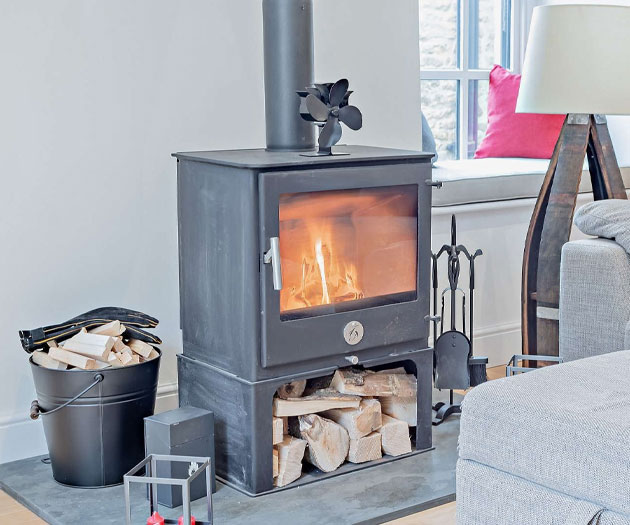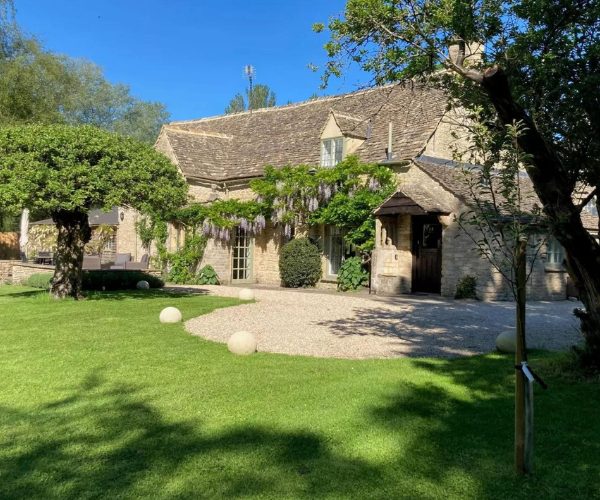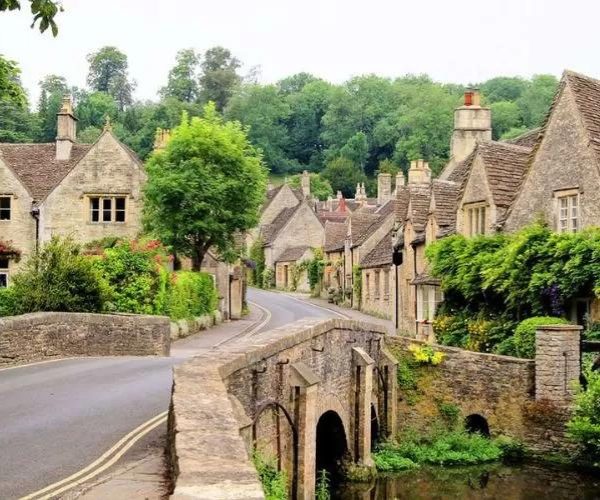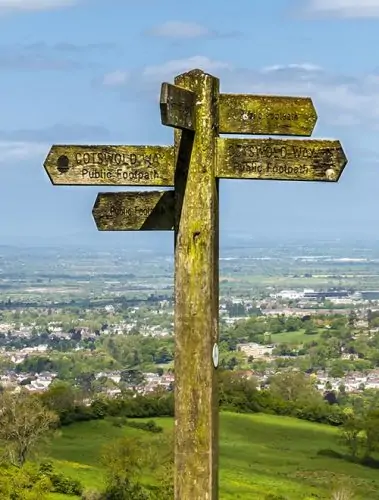Effective from October 1st, 2023, a comprehensive fire risk assessment, covering all aspects of fire risk, will become mandatory for all properties. Furthermore, the government has introduced new guidance specifically applicable to “small paying guest accommodation.” This category encompasses “a single premises on the ground floor or ground and first floor, providing sleeping arrangements for a maximum of 10 individuals, with no more than four bedrooms on the first floor…” It also includes “individual flats (whether within a purpose-built block of flats or a house that has been converted into flats), other than unusually large flats.”
What do the guidelines entail?
Further to the news story on the government website we have summarised the key points from the guidance for “small paying guest accommodation” to help you understand the new regulations. Our summary is as follows:
Fire Risk Assessment (FRA): It is now a legal requirement to conduct and document a Fire Risk Assessment for your property. Displaying a copy of the assessment in your property, either on the wall or in your Cottage Information Folder, is strongly recommended.
Our recommendation, especially in light of the pending updated regulations, would be that all holiday home owners complete a fire risk assessment. If you feel confident and are fully aware of the amended legislation you can complete this yourself. Alternatively you can engage a professional FRA company that remains up to date with legislation and possesses the necessary expertise to evaluate all risks.
You can find guidance on this on the government website along with a downloadable PDF from the Home Office.
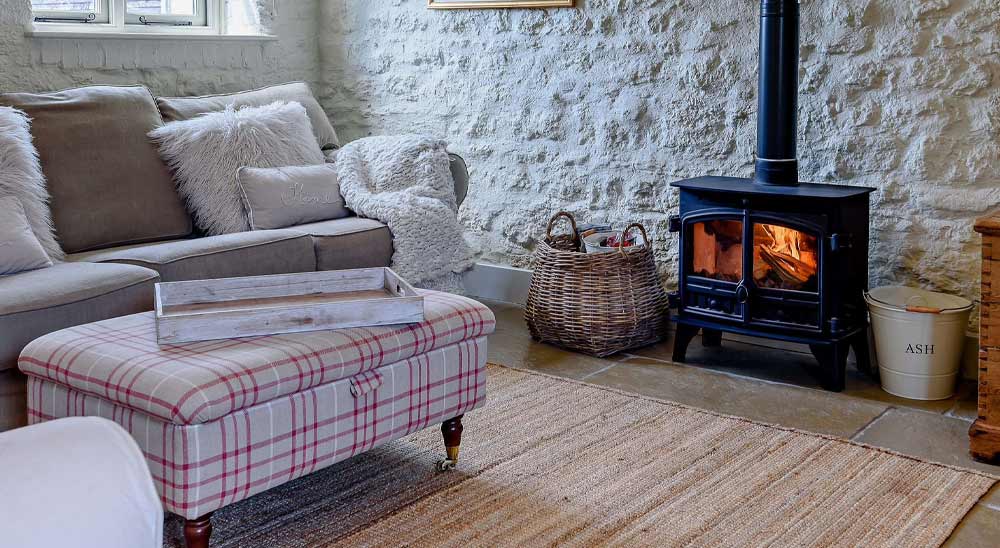
Emergency Escape Lighting: Bedrooms and escape routes must have emergency escape lighting. For smaller properties, plug-in torches may suffice, while larger properties might require full escape lighting systems. Again, a professional FRA company can advise on an individual property basis.
Protected Escape Routes: Doors along the escape routes must possess a 30-minute fire protection capability or an equivalent protective adaptation.
Evacuation Plan: You must display a plan of how to evacuate the building in case of a fire, within your property.
Smoke Detectors: Hard-wired or linked smoke detectors are now mandatory in all bedrooms and protected escape routes, such as hallways, corridors, staircases, sitting rooms, and dining rooms leading to the primary fire exit. Larger or more intricate properties may necessitate more advanced detection systems which a professional FRA company will be able to advise on.
Annual Inspections: All hot water and heating systems, including those powered by renewable energy sources like air or ground source heat pumps, must undergo annual inspections.
Thumb Turn Locks: It is strongly recommended to install thumb turn locks on all exit doors so they can be easily opened from the inside without a key.
Electrical Installation Condition Report (EICR): EICR, which assesses fixed wiring, should be conducted every five years. This requirement now extends to many small unique hideaways and glamping properties as well.
Chimney Flue Maintenance: Annual sweeping of chimney flues is necessary to maintain safety. Ensure you keep a copy of the certificate on file.
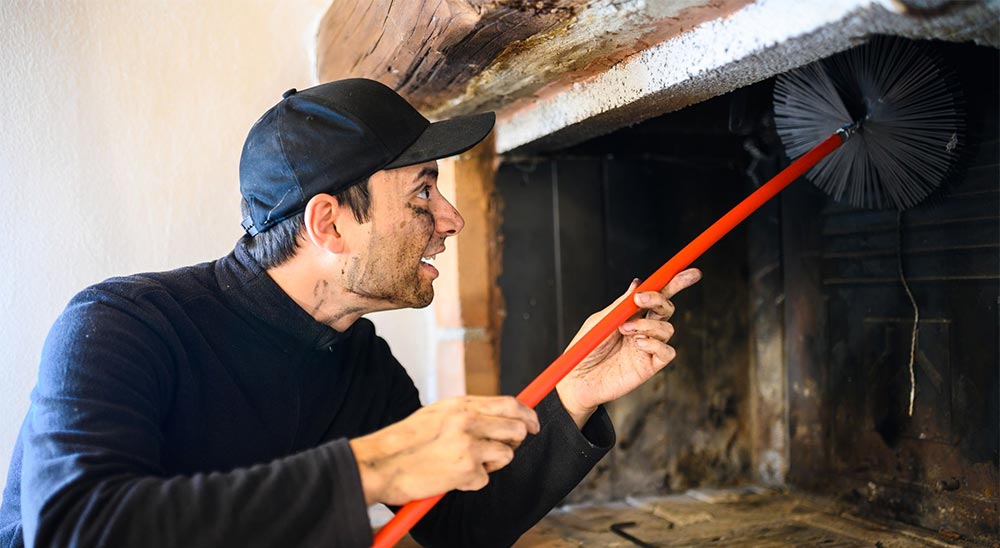
Weekly Equipment Checks: Regular checks on all fire safety equipment must be performed and recorded on a weekly basis.
Candles: Candles should be prohibited, and a clear policy is required for your guests.
For larger or more complex properties, the document titled “Fire Safety Risk Assessment: Sleeping Accommodation” remains applicable, with a likely review scheduled for 2024.
What are the next steps to ensure compliance with the new regulations?
If you feel confident and are fully aware of the amended legislation you can complete the fire risk assessment yourself. If you are not confident, we would recommend engaging a professional Fire Risk Assessor to conduct the assessment rather than attempting it yourself.
The new changes effective from October 1st are more intricate and challenging to navigate. By relying on a professional assessor, you can be confident that they are operating with the new changes in mind, adhering to government guidelines, and prioritising the safety of both you and your guests.
Finding a Fire Risk Assessor for your property
If you choose to take the assessor route you can locate a professional to perform the Fire Risk Assessment at your property, you can begin by searching online platforms such as Google for “fire safety risk assessor“.
We recommend that you only use an accredited assessor. You can consult the following websites to find assessors with accreditation:
We hope you found this article useful! Please do share with any friends, family or connections you may have who also have a holiday let. You can also download our handy PDF below.
